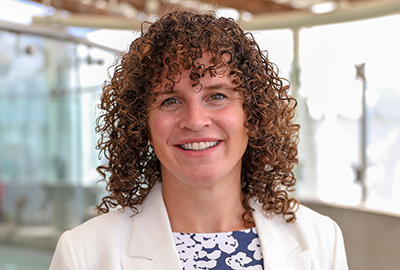Embedding the value of coastal ecosystem services into climate change adaptation planning
By Lisa M. Wedding, Sarah Reiter, Monica Moritsch, Eric Hartge, Jesse Reiblich, Don Gourlie, Anne Guerry
Originally published in PeerJ in August 2022

Abstract
Coastal habitats, such as salt marshes and dune systems, can protect communities from hazards by reducing coastline exposure. However, these critical habitats and their diverse ecosystem services are threatened by coastal development and the impacts from a changing climate. Ever increasing pressure on coastal habitats calls for coastal climate adaptation efforts that mitigate or adapt to these pressures in ways that maintain the integrity of coastal landscapes. An important challenge for decisionmakers is determining the best mitigation and adaptation strategies that not only protect human lives and property, but also safeguard the ability of coastal habitats to provide a broad suite of benefits. Here, we present a potential pathway for local-scale climate change adaptation planning through the identification and mapping of natural habitats that provide the greatest benefits to coastal communities. The methodology coupled a coastal vulnerability model with a climate adaptation policy assessment in an effort to identify priority locations for nature-based solutions that reduce vulnerability of critical assets using feasible land-use policy methods. Our results demonstrate the critical role of natural habitats in providing the ecosystem service of coastal protection in California. We found that specific dune habitats play a key role in reducing erosion and inundation of the coastline and that several wetland areas help to absorb energy from storms and provide a protective service for the coast of Marin county, California, USA. Climate change and adaptation planning are globally relevant issues in which the scalability and transferability of solutions must be considered. This work outlines an iterative approach for climate adaptation planning at a local-scale, with opportunity to consider the scalability of an iterative science-policy engagement approach to regional, national, and international levels.
Full Text


